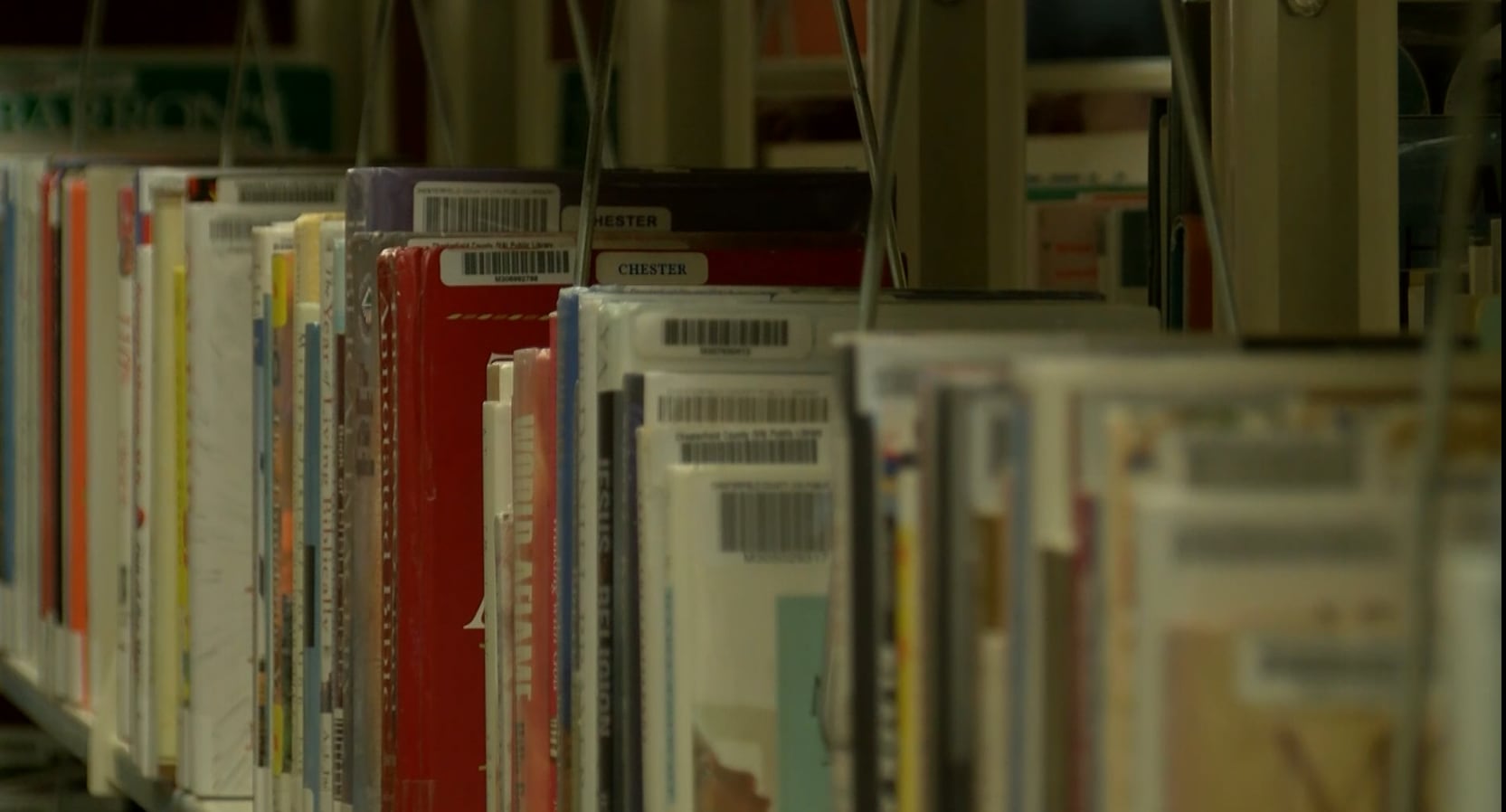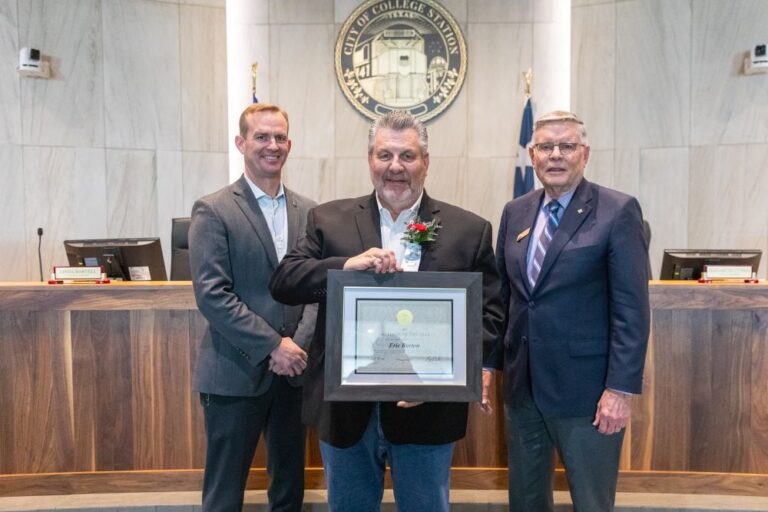Montgomery County directs citizen board to review, and potentially remove, library books
Montgomery County officials adopted a new policy on Tuesday empowering a citizen committee to review, and potentially remove, library materials at the request of the public.
County Judge Mark Keough, the policy’s author, said the process will prevent children from accessing inappropriate books, while critics argued the new guidelines strip librarians from the reconsideration process and will target books featuring LGBTQ+ characters.
The local library policy adopted by the county north of Houston comes amidst the spread of book bans in school districts across Texas and a newly passed state law that requires book vendors to rate the explicitness of materials sold to schools. In January, an appellate court partially blocked the law after booksellers sued the state for violating their free speech protections.
“Nowhere are we talking about banning any books,” Commissioner Robert Walker said on Tuesday during a commissioners court meeting. “The whole goal of this mission … was to put these books in a place where the adults would have to get them for their kids, not where the kids can walk up and pick up books right in front of them.”
The policy establishes a new process for reconsideration of library materials in which a community member can request a review of a book. If that material is in a non-adult section, it is immediately moved to the 18-and-older shelves until the Citizens Review Committee reconsiders the content. The committee — made up of individuals selected by the court’s five members, who Keough said “will reflect the values of this community” — can choose to move the book into a different section, leave the book where it is or remove it from circulation through a unanimous vote.
Keough, a former state representative, characterized the new guidelines as a rewrite of the existing policy that addresses residents’ desire to reconsider where books are placed in the library. He said librarians are responsible for appropriately sorting materials into one of the four sections of the county’s library system: adult, parenting, young-adult and children.
Keough said “again and again” that books are not being sorted appropriately. Of the four members present, three voted to implement the policy.
The sole dissenter in Tuesday’s vote, Commissioner Charlie Riley, raised concerns about who can request a review of library materials and the lack of input from the county’s attorney.
“The reason we didn’t check with the attorney is because policy is not made in the attorney’s office, it’s made by this court,” Keough said in an exchange with Riley.
“It certainly needs to be reviewed,” Riley responded.
In a Tuesday statement, Keough told The Texas Tribune that the County Attorney had the same amount of time as the public and commissioners to review the policy. He said no objections were raised “in the more than 4 days after the proposed policy was publicly posted for consideration,” Keough wrote.
“If there needs to be some tweaks, we can always come back and take a look at this and represent it,” Keough said once the policy was adopted.
Teresa Kenney, a Montgomery County resident and owner of Village Books in The Woodlands, was concerned about the ability of citizens on the committee to remove books from the shelves. She said it was dangerous to take librarians out of the decision-making process because committee members may not have the same level of education as trained professionals when it comes to choosing what should be on shelves.
“A librarian is trained to look at it from other people’s eyes,” Kenney told the Tribune. “They’re trained to be empathetic in what they choose and curate for their library regardless of their own personal beliefs.”
Based on the content of books banned elsewhere, Kenney said it’s likely that materials discussing race, the LGBTQ+ community and “anything that makes someone feel uncomfortable” would be targeted for review by the new policy.
A petition circulated by the anti-censorship group Texas Freedom to Read Project asking Montgomery County officials to reject the proposal earned over 1,200 signatures.
“Librarians are experts in balancing the unique needs, values and First Amendment rights of their communities and should always have a voice, and a vote, when books are challenged,” Texas Freedom to Read Project said in a Tuesday statement.
This isn’t the first time Montgomery County has been at the center of a debate over book censures.
Over two decades ago, residents demanded commissioners remove the award-winning, sex education book “It’s Perfectly Normal” by Robie Harris from Montgomery County library shelves.
Concerned by the lack of formal review of the book, former library director Jerilynn Williams worked with the judge and county commissioners to prevent the removal of the book from circulation. She was awarded the PEN/Newman’s Own First Amendment Award in 2003 for her advocacy.







